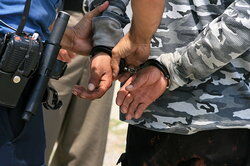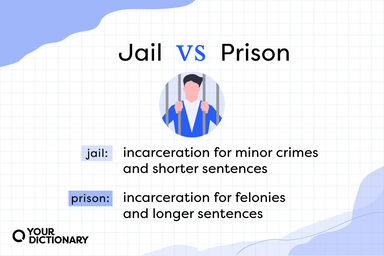Larceny Definition
lärsə-nē
larcenies
noun
larcenies
The taking of personal property without consent and with the intention of permanently depriving the owner of it; theft: in some states of the U.S., and formerly in England, larceny in which the value of the property equals or exceeds a specified amount is grand larceny, and larceny involving lesser amounts is petit (or petty) larceny.
Webster's New World
The wrongful appropriation of personal property with the intention of permanently depriving the owner of its possession and use.
Webster's New World Law
Other Word Forms of Larceny
Noun
Singular:
larcenyPlural:
larceniesOrigin of Larceny
Middle English from Anglo-Norman larcin theft from Latin latrōcinium robbery from latrō robber, mercenary ultimately from Greek latron pay, hire
From American Heritage Dictionary of the English Language, 5th Edition
-
Coined between 1425 and 1475 from Anglo-Norman larcin (“theft"), from Latin latrocinium (“robbery"), from latro (“robber, mercenary"), from Ancient Greek λάτρον (latron, “pay, hire")
From Wiktionary
Find Similar Words
Find similar words to larceny using the buttons below.



